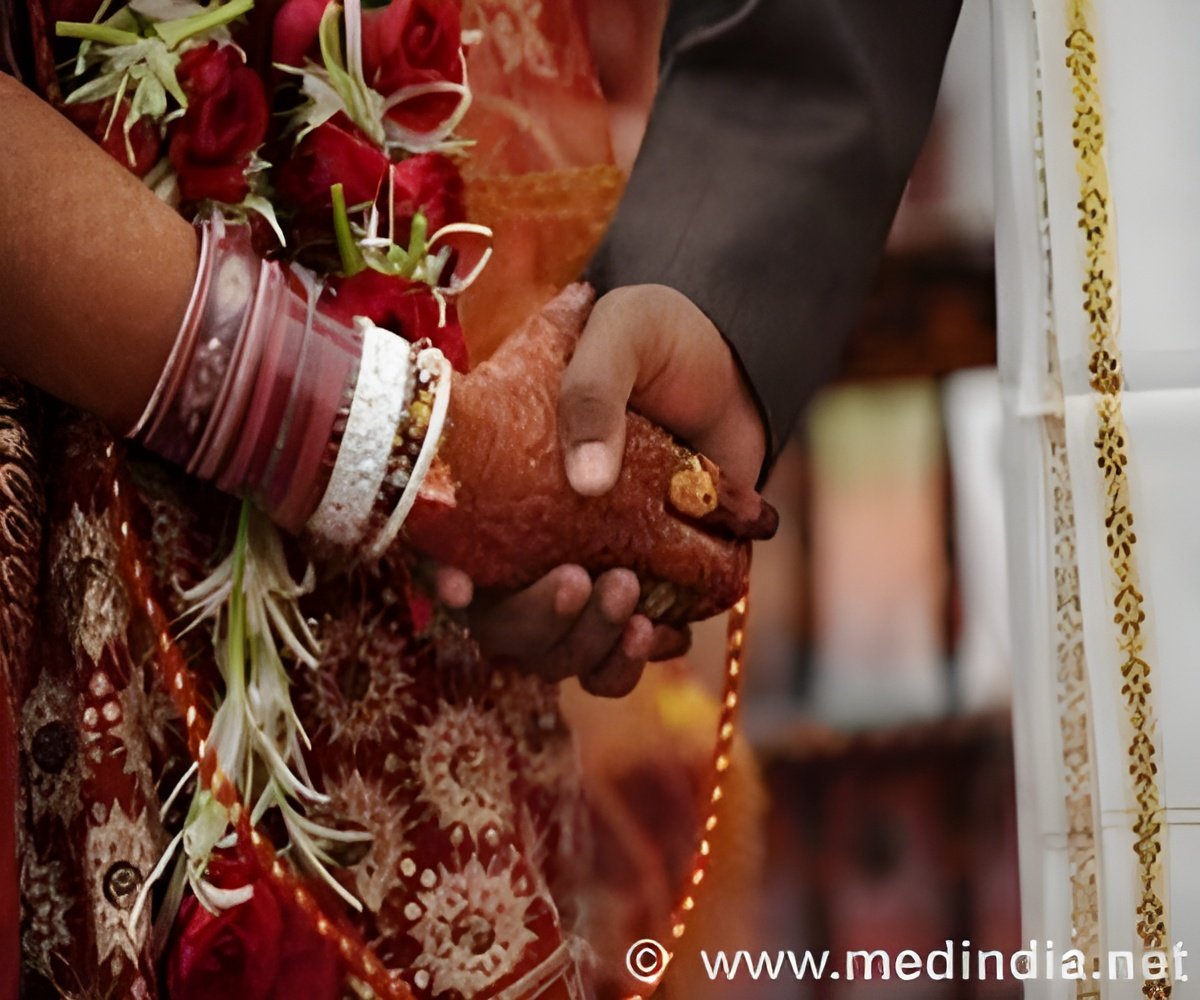The widespread popularity of Sheghar in which one person agrees to marry the sister or relative of another provided he reciprocates the gesture is being seen as a disastrous arrangement

Muslim scholars have ruled that Sheghar marriage is not Islamic, but many in Yemen's conservative society believe that it cements family ties, and keeps the inheritance within the family as most swaps take place between relatives.
Ahmed Abdullah, 70, described swap marriage as a "marriage of regret" as he painfully narrated the story of his son who could not cope with losing his wife over his sister's divorce.
"I agreed with my dearest friend to arrange a marriage for our two sons in this way ... After two years, my daughter and her husband could not get on well," which led to her returning to her parents' home, he said.
"The moment she returned, my son's wife left his house. The problem is that he really loved her," he said, adding that eventually both couples were forced to divorce.
"My son lost his mind because of the pressure we put on him to divorce his wife," he said.
Advertisement
Most women in Yemen do not have the option of disobeying the family because that would amount to challenging the whole clan, which is far more concerned about preserving its honour than it is about the life of a woman on the verge of losing her family.
Advertisement
The dispute led to armed clashes between the two families which resulted in the death of Nasser's brother-in law
"The revenge is yet to be settled between the two families," said Saeed al-Waeli, a relative of the victim.
Swap marriages are not reserved for the poor and illiterate in Yemen. College graduates may also be forced into them.
Thirty-five-year old university graduate Mohammed Saeed said that although he was fully aware of the dangers of swap marriages, he was forced into one by his family so that his older sister could be married.
"My parents realised that they could hit two birds with one stone," he said.
"I suffered endless problems for seven years, and so did my sister. When I couldn't bear it any longer I divorced my wife. She took my son and daughter with her. I haven't seen them in four years," he said.
"My sister also returned to her parents' place along with her three children," he added.
Sociologist Amani Maysari argues that the spread of Sheghar marriage is because of "exaggerated dowries."
"Increased poverty, as well as the rise in marriage costs, force some families into swap marriages," she said.
Human rights minister Huriya Mashhour agreed that high dowries were a main motive behind swap marriages, pointing out that families see it as a "solution for those who cannot afford the cost of marriage."
She underscored the dilemma that women in such marriages face.
"The woman loses her right to receive a dowry, and if her counterpart gets divorced, she finds herself in the same situation as her family collapses," she said.
But Mashhour also played down the spread of this type of marriage, saying that studies prove that it takes place mainly in rural areas.
"The percentage doubles in rural areas because of traditions," she said.
Islamic jurist Mohammed al-Omrani said that Sheghar marriage does not abide by the rules of Islam.
"When a wife can be divorced only because the other woman got divorced ... This means this marriage is haram (prohibited)," he said.
Source-AFP








